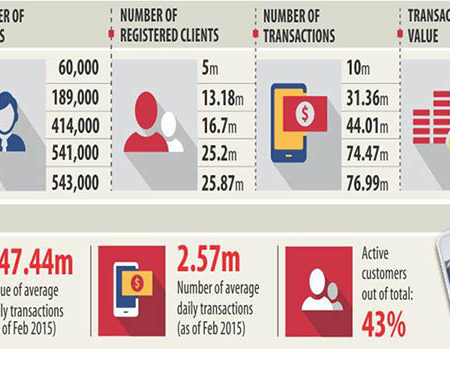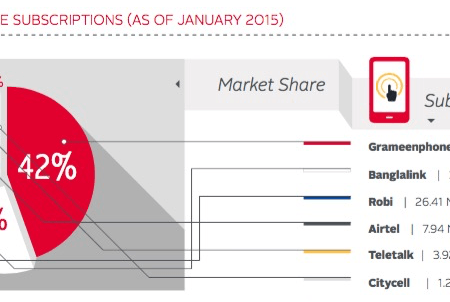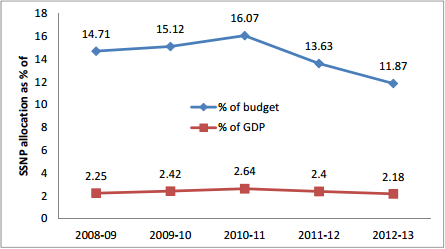An Eligible Investor’s Guide to Indirect Investment Vehicles
Eligible investors (EIs) or the angel investors have different choices regarding indirect investment vehicles. Indirect investment vehicles do require some transaction fees and annual management fees, but it provides professional portfolio management services at the cheapest possible price. EIs do not think about the day-to-day movements of underlying assets under the indirect investment vehicles). But investors’ separate tax treatment will not be allowed under the indirect investment vehicles and even more importantly investors lose their discretion over the fund usage.
The mutual fund, endowment fund, hedge fund, private equity, venture capital, impact fund, pension fund, REIT (real estate investment trust) all these are examples of indirect investment vehicles which are popular in the developed countries. Since the universe of indirect investment vehicles is versatile and expanding, VC/PE (Venture Capital/ Private Equity) may not be the first choice to all EIs (Eligible investors).
There are subtle differences between all these types of indirect investment vehicles. Firstly, getting entry into an indirect fund can at times be a privilege. For example, in order to be a part of the endowment fund one needs to be an alumnus of the university or somehow be connected with the trust authority. For example, in order to become a member of the pension fund, one needs to share a common employer’s identity. Based on the risk absorption capability, there can be differences among the indirect investment vehicles. Anyone can purchase units of the mutual fund provided that he or she has the money; as per the guiding principles, there is really no need to look out for the wealth or financial literacy condition of these investors. In case of private equity, hedge fund or the venture capital fund, only the eligible investors can become a part of it. A REIT is strictly focused on the real estate sector of the economy, but there is no such pre-condition in case of the mutual fund or other funds since the fund manager has the mandate to invest any kind of financial assets.
So, an eligible investor has a number of choices before vesting the fund in a venture capital fund; risk wise a venture capital fund is comparable to a hedge fund. But venture capital fund has a very low degree of liquidity and equity security is always considered to be risky. That is why an investor has to be very confident about the profit potential of the venture capital and the credential of the fund manager. If the EI is satisfied with the profit potential and financial credibility of the fund manager, only then he or she should think of investing in this high risk-high return proposition.
Date: 12 October 2017
Blog Writer: Hussain Ahmed Enamul Huda












Leave a Reply